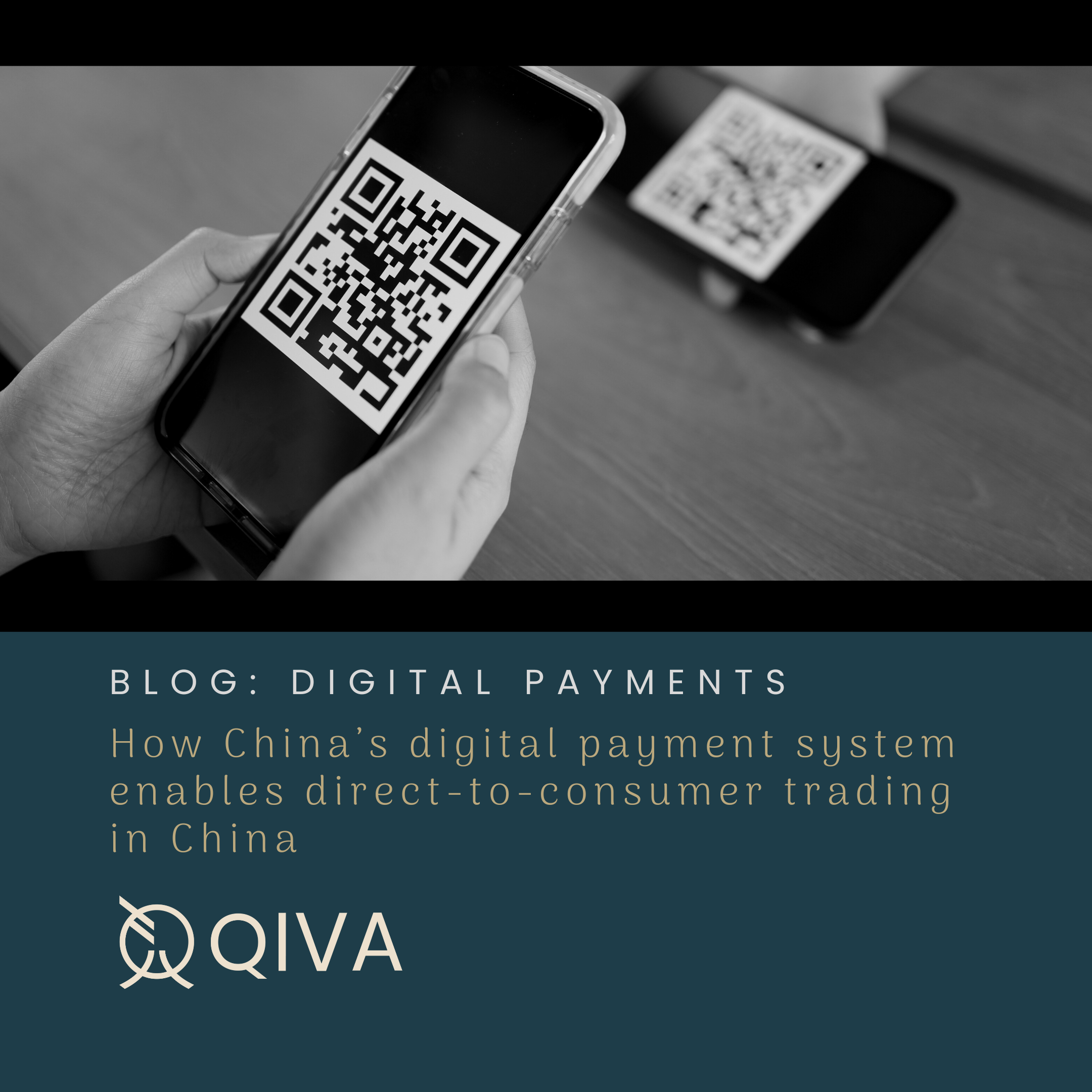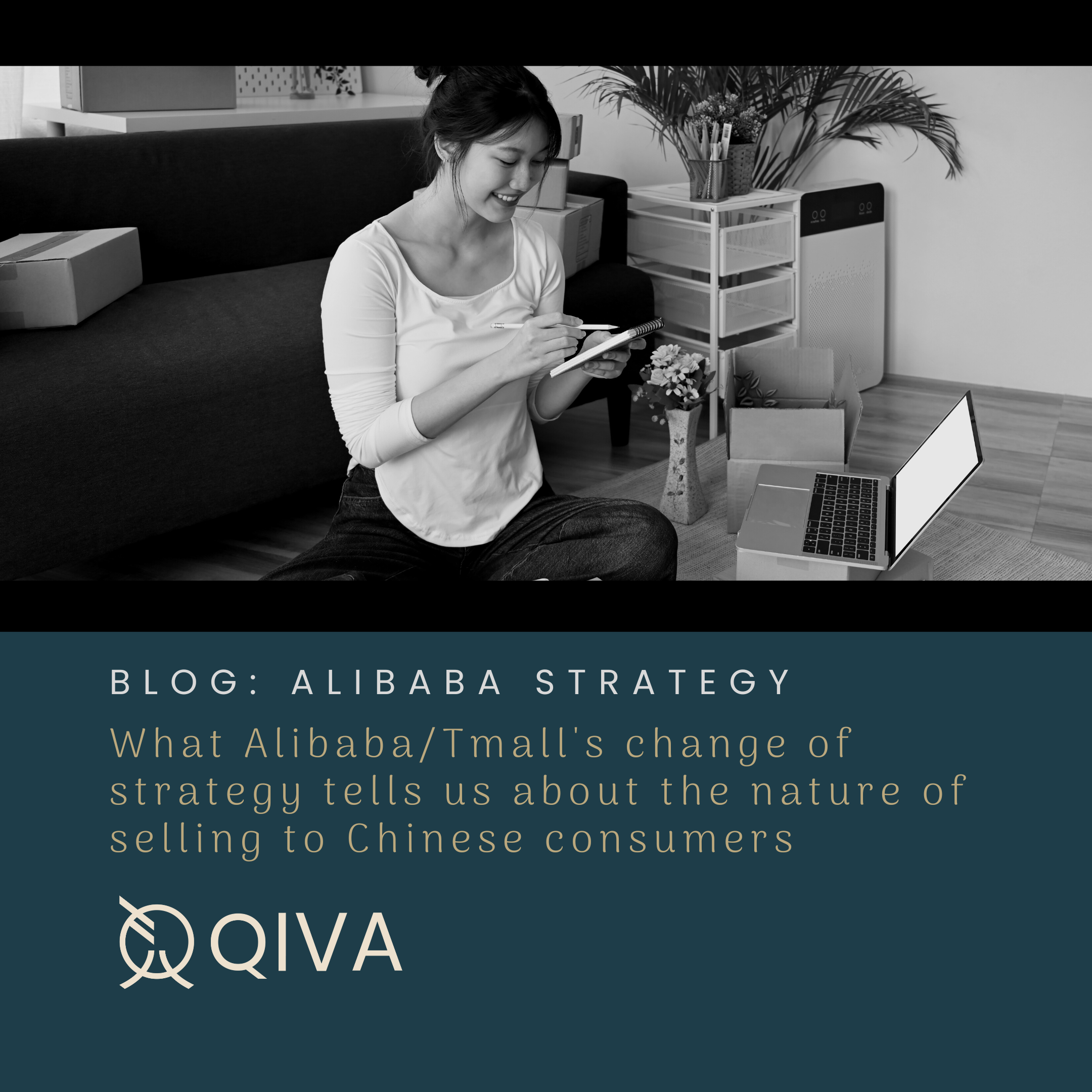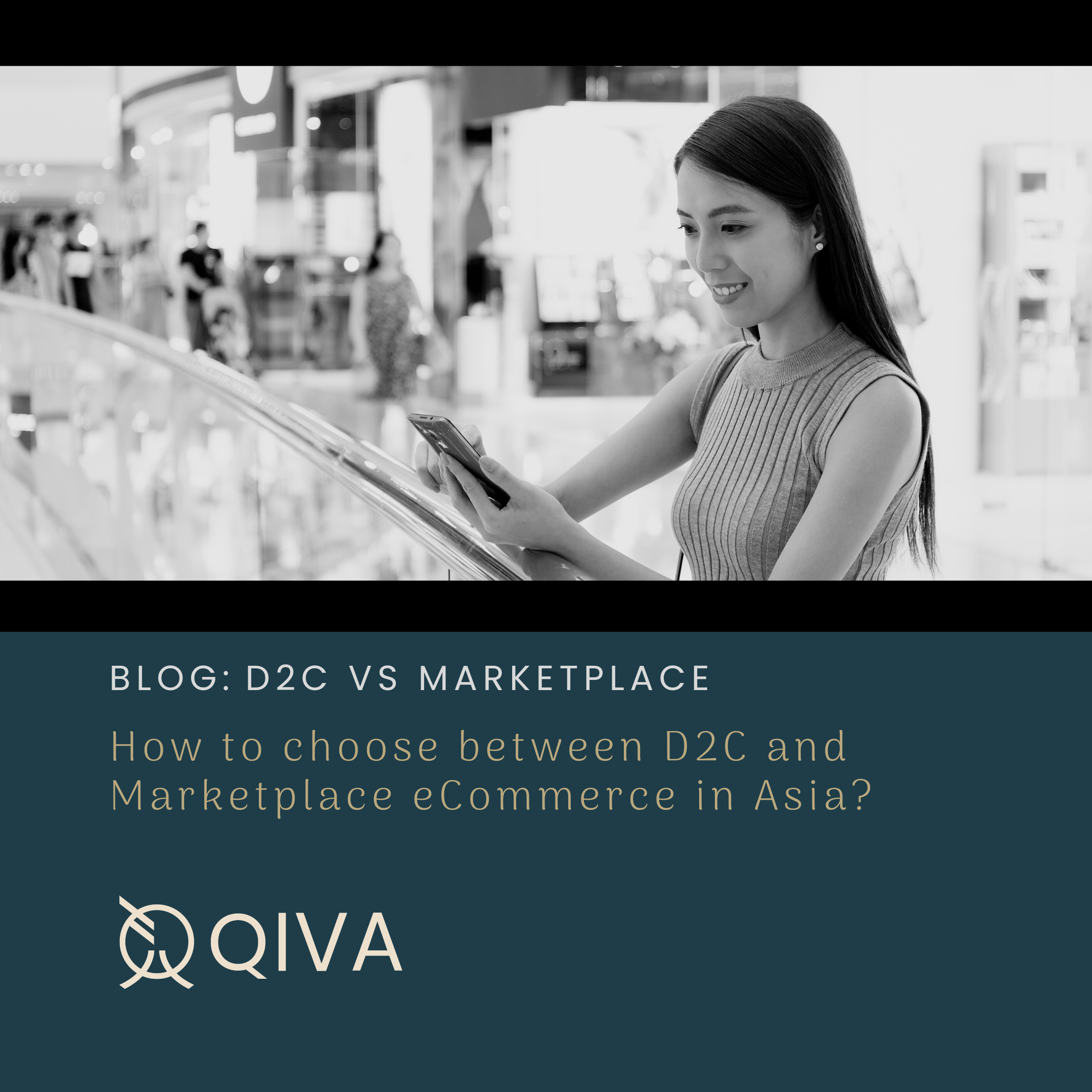What is the difference between Tmall and Tmall Global?

For international brands looking to sell online in China, it is crucial to understand the difference between Tmall and Tmall Global.
Tmall is China’s largest domestic eCommerce platform, with over 500 Million registered customers and 50,000 international and Chinese merchants. Tmall Global is a sub-platform of Tmall; its raison d'etre is is to directly connect Chinese consumers with international merchants / imported products; a process widely named CBE or cross-border eCommerce.
Despite sharing a name, the two platforms differ significantly; where it comes to planning a market launch, three of the most pertinent differences are i) ownership/ business model, ii) supply/ logistics and iii) cost implications, which we will explore.
Ownership / business model:
The domestic Tmall platform requires merchants to have a local Chinese entity and register products with the local authorities. Conversely, sellers on Tmall Global sell imported products and maintain their corporate entities outside of China. This makes Tmall Global an appealing choice for international brands seeking to test the market, whilst avoiding cumbersome regulatory and operational requirements
Supply / logistics:
Where it comes to domestic trade, businesses have many options. Limitations may well exist, but they are not imposed by Alibaba per se. Tmall Global is different; merchants must use the Alibaba ‘Cainiao’ system, approximately translated as “rookie logistics”. In this scenario, stock remains outside of China until the point of sale (often in free trade zones within China), at which point products clear customs under ‘personal consumption’ (meaning there are limitations on how much can be sold to an individual customer and that taxes/ duty are paid by the customer as part of the sale).
"Ultimately the choice between Tmall and Tmall Global is much less about choice vs. reality."
Cost implications:
Tmall Global requires a higher upfront deposit; both platforms take a commission on sales as well as an annual service fee, but on Tmall Global, mandatory security deposits are higher due to lack of legal ties with local authorities (and thus deposits are regarded as collateral). What gets paid in higher fees, however, is often interpreted as a lower risk and ultimately lower cost means of testing a new market without the requirement for new entity establishment / navigation of legal and regulatory systems. Once demand is ascertained, brands can choose to expand into domestic channels (depending on category and regulatory conditions) as part of their longer-term China strategy.
Ultimately the choice between Tmall and Tmall Global is much less about choice vs. reality. Those brands that understand where their market opportunity exists (across category, channels, customer and competitors) can make informed operational choices that connect them directly with their target customer. Those that forget this truism are likely to have a short ride in the Chinese market.





